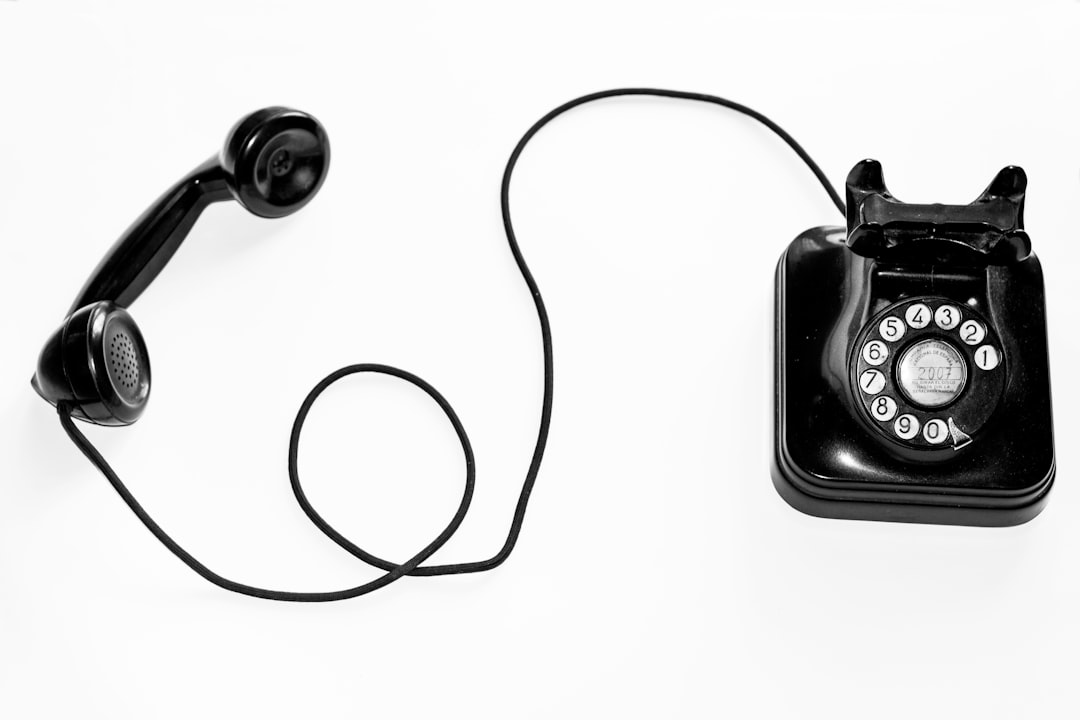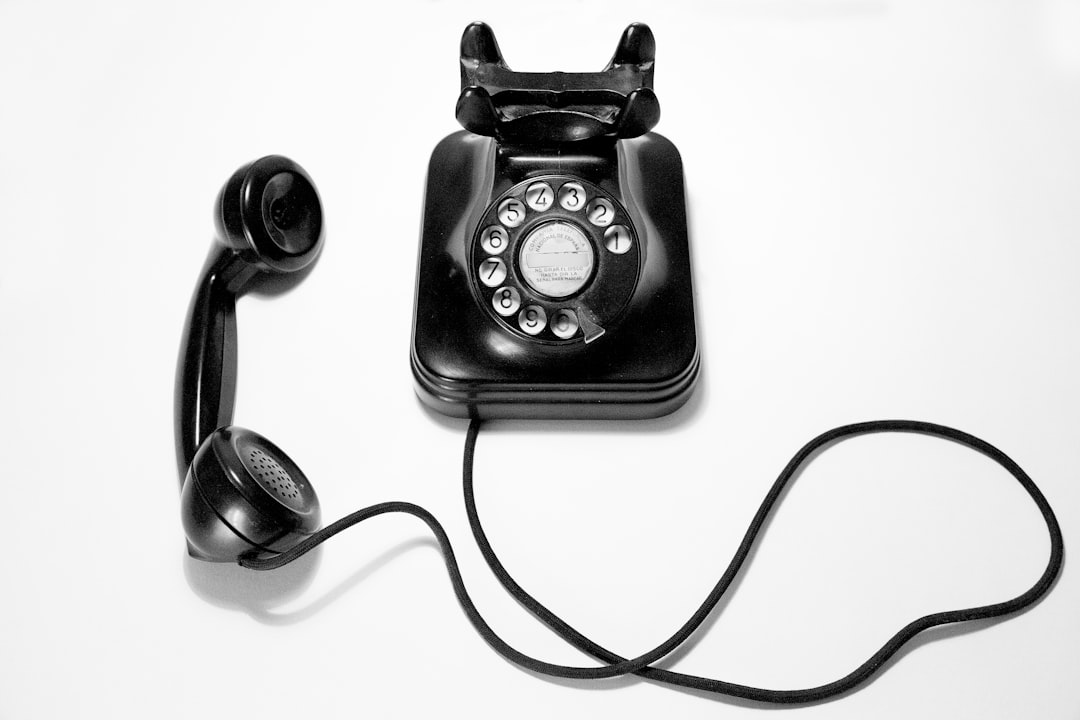In Utah, facing a debt collector issue? Protect your rights by consulting a debt collector Attorney Utah. These specialists guide individuals through FDCPA compliance, maintain respectful communication, and help file formal complaints with the Utah Attorney General's Office or Department of Commerce, Division of Consumer Protection (DCP). They validate complaints, collect documentation, and represent you against abusive or illegal debt collection tactics.
In Utah, understanding the complaint filing process against debt collectors is crucial for protecting your rights. With strict regulations governing these professionals, navigating the system can be complex. This comprehensive guide delves into the steps involved, from recognizing violations to hiring a specialized debt collector attorney in Utah. By following the outlined procedures, individuals can effectively assert their legal standing and ensure compliance with state laws when facing debt collection issues.
Understanding Debt Collector Regulations in Utah

Debt collectors in Utah must adhere to strict regulations aimed at protecting consumers from aggressive or unfair practices. The Fair Debt Collection Practices Act (FDCPA) is a federal law that sets forth guidelines for debt collectors across the country, including those operating in Utah. This legislation prohibits abusive, deceptive, or harassment-related debt collection methods.
When dealing with a debt collector, it’s essential to know your rights and understand the rules. A debt collector Attorney Utah can provide valuable guidance on navigating these regulations. They ensure that communication between you and the debt collector remains lawful and respectful, protecting your interests throughout the process.
When and How to File a Complaint

In Utah, if you believe a debt collector has violated your rights or engaged in unfair practices, it’s crucial to know when and how to file a complaint. The first step is to gather all relevant information about the interaction(s) with the debt collector, including dates, communication records, and any evidence of harassment or false representations. Once armed with this data, individuals can file a complaint with the Utah Attorney General’s Office, which has a dedicated unit for consumer protection.
To initiate the process, you should contact a debt collector attorney in Utah who specializes in consumer rights law. They can guide you through the specific laws and regulations related to debt collection practices in Utah, ensuring your rights are protected throughout the filing process. This legal expert can help determine if the complaint is valid, gather the necessary documentation, and represent you if the case escalates further.
The Role of a Debt Collector Attorney in Utah

In Utah, as in many states, a debt collector attorney plays a crucial role in navigating complex consumer protection laws and ensuring fair practices. These legal professionals specialize in representing individuals who have been subjected to abusive or illegal debt collection tactics. They serve as advocates, guiding clients through the intricate processes of filing complaints against debt collectors with the appropriate regulatory bodies.
A debt collector attorney in Utah can provide expert advice tailored to state-specific regulations. They help consumers understand their rights and take proactive measures to protect themselves from harassment, false claims, or unjustified collection efforts. By employing legal expertise, these attorneys can mediate between debtors and collectors, often reaching favorable resolutions without the need for prolonged litigation.
Steps Involved in Filing a Formal Complaint

When facing issues with a debt collector in Utah, knowing how to file a formal complaint is crucial. The process typically begins by gathering all relevant information and documentation related to the dispute. This may include copies of communications with the debt collector, records of payments made, and any evidence that supports your case. Once prepared, you can file a complaint with the Utah Department of Commerce, Division of Consumer Protection (DCP).
A debt collector Attorney Utah can assist in this process by ensuring all paperwork is completed accurately and submitted on time. They can also advocate for your rights and help navigate the legal aspects involved. The DCP reviews the complaint and may investigate the debt collector’s practices. If found in violation, the collector can face penalties, which may include fines or being prohibited from collecting debts in Utah.






